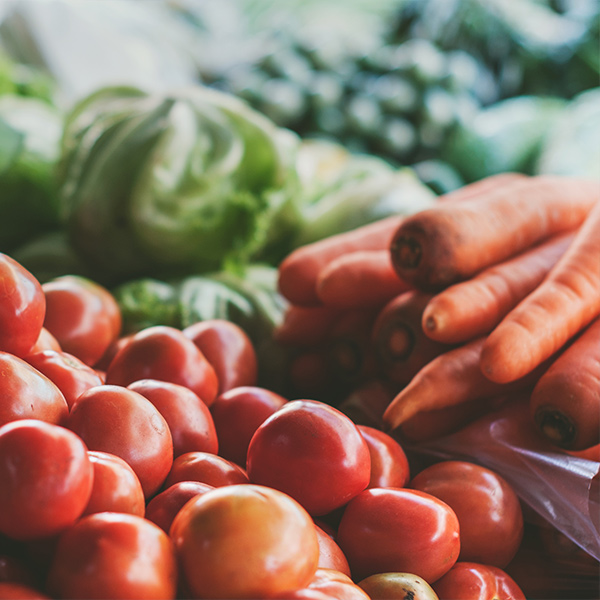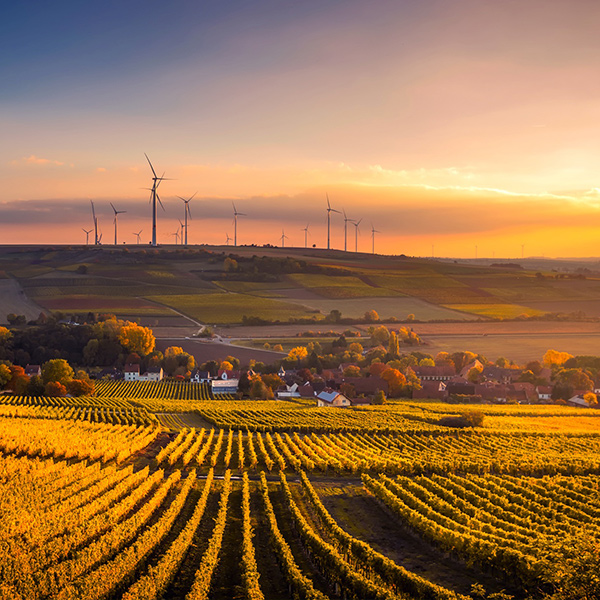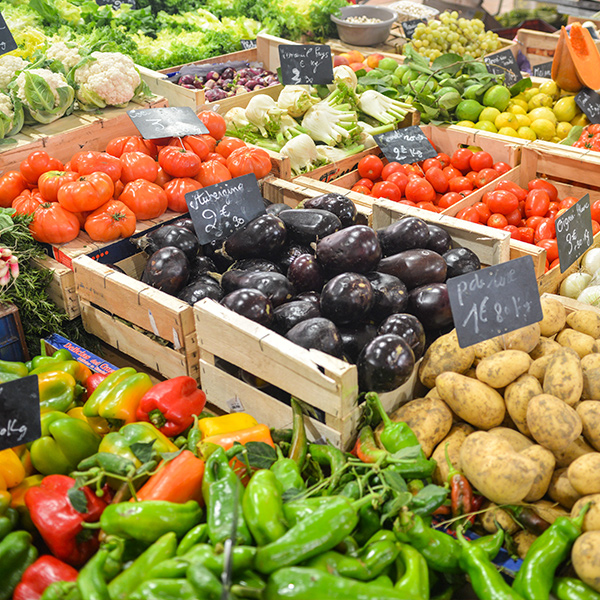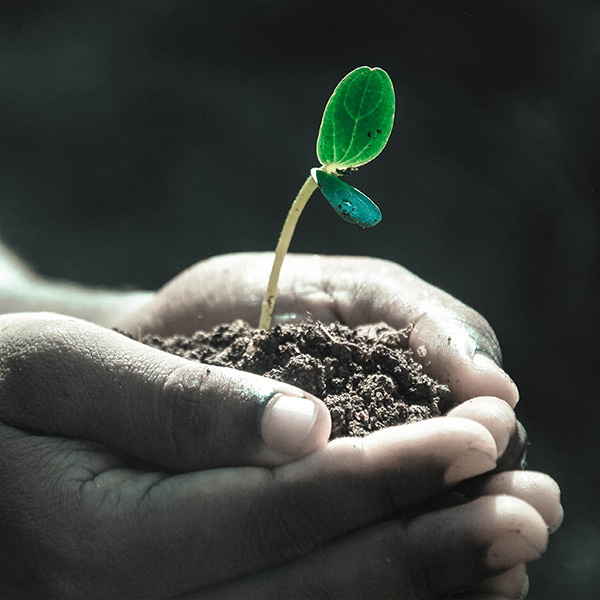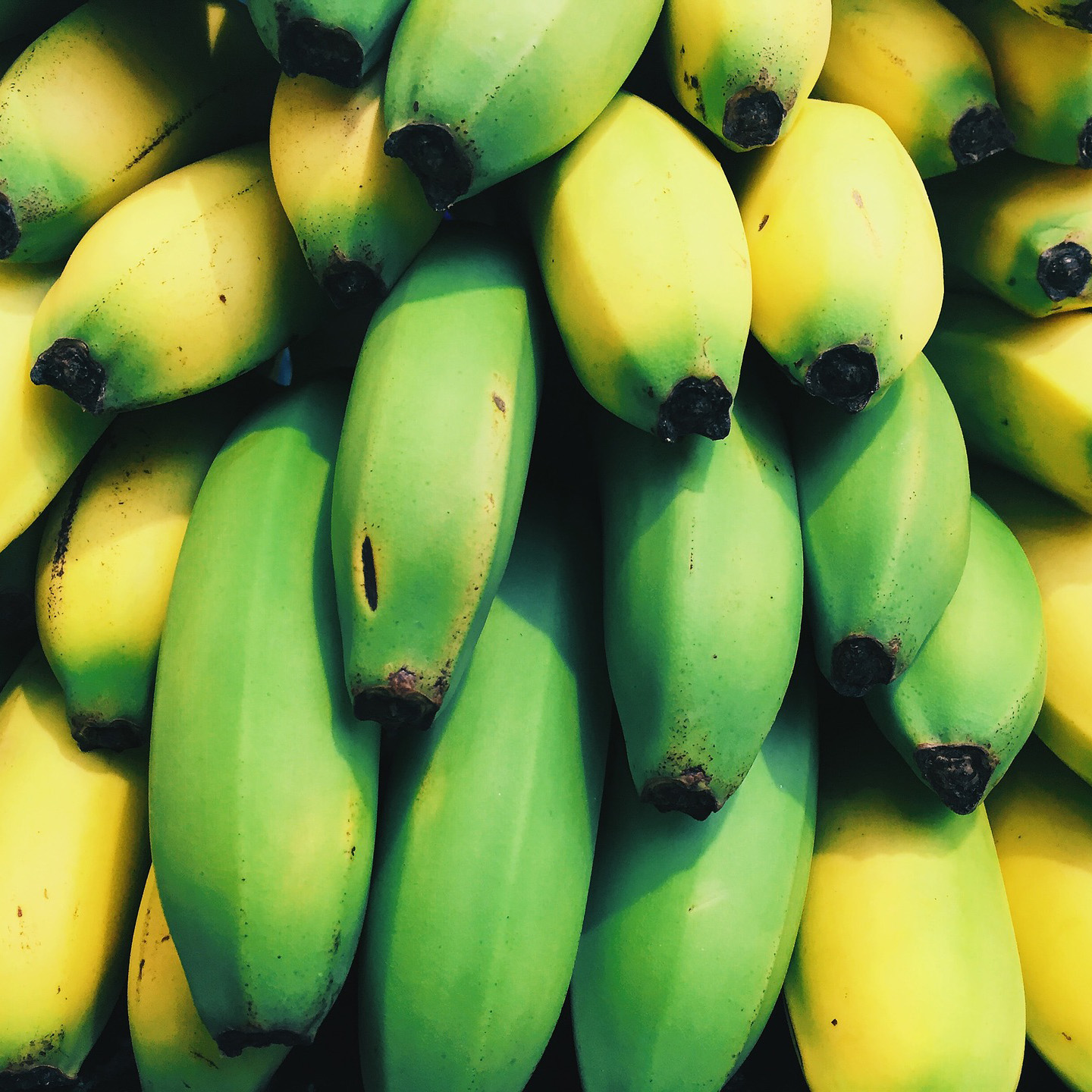
Waitrose Collaborative Training Partnership
Waitrose working to encourage sustainable food production
Research and Development
The Waitrose Agronomy Group acts as a link between the Agri-science community and players in the UK food supply chain, communicating research requirements based on, among other things, the data from the Waitrose Farm Assessment.

Research
Linking Environment and Farming
Waitrose and LEAF working together over the years to deliver more sustainable food and farming.
Waitrose Farm Assessment
The Waitrose Farm Assessment is an initiative started in 2011 to survey all our fresh produce farms.
The Agronomy Group
The Waitrose Agronomy Group is a collaboration of suppliers, Waitrose and academia.
Waste
We estimate that 30% of food production does not reach a human stomach. We are trying to stop that.
The Waitrose Agronomy Group acts as a link between the Agri-science community and players in the UK food supply chain, communicating research requirements based on, among other things, the data from the Waitrose Farm Assessment. We believe this is an accurate and powerful way of responding to growers’ needs.In addition, novel research developments in the broad area of sustainable agriculture are communicated to the supply chain through the website and through Waitrose Innovation Conferences organised on a regular basis.
Conferences and our on-line dissemination infrastructure ensure that new research (our own and that undertaken by groups around the world) is given the best possible exposure within the supply chain. To deliver increased sustainability, neither the supply chain or the research community working in isolation can maximise impact and our approach to R and D is therefore designed to maximise interaction with all those who can have a positive impact in this area. The majority of our research is focussed under ‘five pillars’ defined by the Waitrose Agronomy Group Research Strategy:
- Soils
- Water
- Biodiversity
- Inputs
- Waste
The ultimate goal is to produce more good quality food, with the highest level of integrity and the lightest environmental farm footprint.
Demonstration Farms
At the beginning of 2011, the Foresight Report on The Future of Food and Farming was published. It raised a number of challenges for us all about sustainability, yields. Population growth and world resources.At Waitrose, we have had a long tradition of working collaboratively with suppliers and growers who share our values. Many of the issues raised in the report are not new to us having been articulated through our partnership with Lancaster University.
The Waitrose Agronomy Group represents the produce horticulture sector within our supply chain.Building on the data captured from The Waitrose Farm Risk Assessment, we are now creating a number of demonstration farms in the UK and around the world, which will showcase and disseminate the achievements of growers in relation to the sustainable crop production. Demonstration farms highlight areas of best practice in soil management, integrated crop management, water usage, biodiversity, energy usage on farms and reducing crop waste.
The primary objective is to demonstrate a step-change in a broad range of agricultural practices. We have a number of unique farming challenges due to the diversity of the methods of production from glasshouse, root and surface field crops, uncovered and covered tree crops, bush crops and soft fruit. However, we believe the principles of sustainable agriculture can be applied to all production types. Videos of demonstration farms will be posted on the website later this year.
Demonstration Farms are chosen from the entries made set against a range of sustainability indicators. It’s a competitive process as we know we have many great farms around the world. So if your farm is not chosen this year it may well be selected as developments continue.
Collaborating Researchers
The value added by collaborative working between researchers and the supply chain has been highlighted across many areas of the website.
The Waitrose Supply Chain benefits from collaboration with prominent researchers in their respective fields both in the UK and beyond. Some of this research has already been highly influential in changing agricultural practice for the better, while other collaborating groups work in areas which may be more effectively described in non-food terms, e.g. ecology or engineering. In these and other areas we are profiting from the innovative exploitation of new thinking and technologies previously unavailable to the food supply chain.
New research collaborators are always welcome!
Lancaster University
Lancaster University houses a community of world-class environmental researchers, students, government scientists and businesses working to address today’s biggest environmental challenges.
University of Reading
The University of Reading undertakes research focussing on real-world issues affecting society both in the present and in the future.
University of Warwick
The University of Warwick provides world-class science expertise and specialist facilities for research on fresh produce.
University of East Anglia
For 50 years, UEA’s School of Environmental Sciences has been at the forefront of crucial environmental research that will shape the future of our world.
NIAB
The National Institute of Agricultural Botany is a pioneering plant science organisation based at the heart of the Cambridge science, technology and university communities and a thriving UK agricultural industry.
Rothamsted Research
Rothamsted Research work with Waitrose and the Waitrose Agronomy group to explore ways of increasing crop yields by improving levels of organic matter in the soil.
University of Worcester
The University of Worcester is the fastest growing University in the UK, with student applications rising seven times faster than the national average.
East Malling Research
East Malling Research is a major organisation in the UK for research on horticultural crops and plants and their interactions with the environment. EMR research on perennial fruit crops is known internationally.




